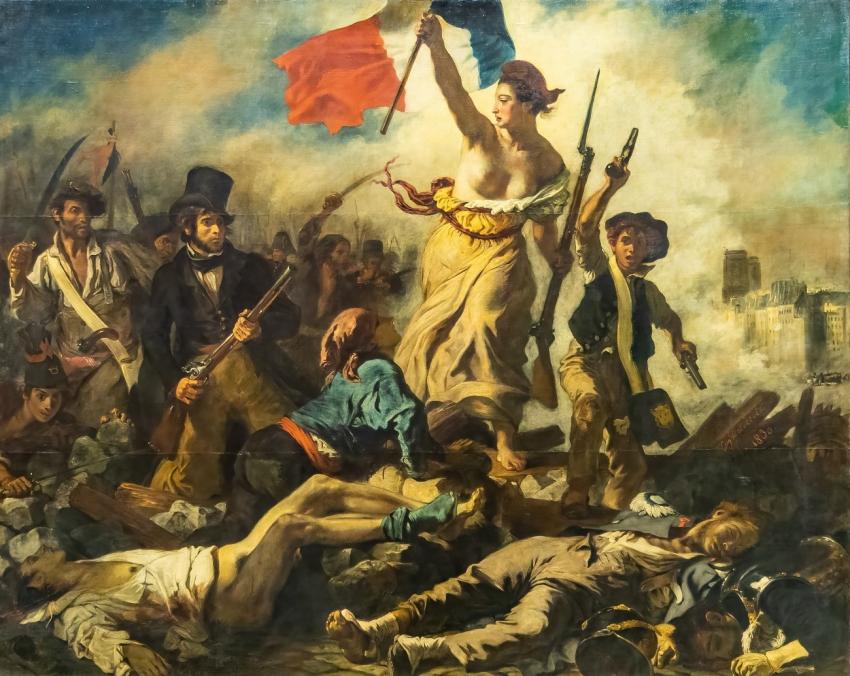French: A language with global power?

After English, French is considered the ideal choice for those wishing to learn a second language, largely because of its importance in the international level. It is currently estimated that there are more than 75 million native speakers around the world.
French is the official language in 29 countries and the fourth most common mother tongue in the European Union. Throughout history it has had a special role in business, science and literature, justifying its demand in specialised translation agencies.
In terms of global scale, it has prominent relevance for law and legislations, being among the most widely used languages in regional and international courts, as well as in institutions advocating for human rights. It is therefore a language of great importance to us as a translation company.
Índice de contenidos
Index of contents
Index du contenu
Inhaltsverzeichnis
Indice dei contenuti
1. Academic and employment benefits
Learning French has many advantages in the future for both university students and professionals. From an academic point of view, it is often a requirement when applying for scholarships abroad, especially if submitted in France, Switzerland or Canada.
In EU countries, proficiency in French means better opportunities in the labour market, adding an important attribute to the professional profile.
2. Learning platform
More than just a charming-sounding language, French is a perfect communication tool that contributes to learning other languages such as Italian and Portuguese, favouring the broadening of the mind from a cultural and linguistic point of view.
Unlike English, it is particularly similar to Spanish, making it easier for Spanish speakers to learn. Considering France as one of the most important European powers, and with an important cultural heritage, the mastery of the French language brings the country's art, cinema, music and gastronomy closer.
3. Official language in international organisations and multinational companies
It is common for translation agencies to manage projects involving French, usually for translations from Spanish and English. The reason for this is that it is not only the official language of the European Union, but also of the United Nations.
It is also the mother tongue in important international institutions such as NATO, the International Committee of the Red Cross, Unesco and the National Olympic Committee. Fluency in French is a obligatory requirement as a second language for the European Personnel Selection Office (EPSO), the body responsible for the selection of staff required by the EU institutions.
Another reason for considering French as a language of great global power lies in the level of differentiation it provides for the professional when applying to international organisations, where fluent English is a taken-for-granted attribute.
4. Speaking French for new opportunities
Across 5 continents 68 states and governments declare themselves to be French-speaking, learning French improves job opportunities and career development. On a digital level, it is the third most widely used language on the Internet, beating even Spanish, which translates into greater access to and understanding of information.
As the language of international relations, it opens the doors to the world, not to mention the fact that the three cities that serve as the headquarters of European institutions are all French-speaking, making it an ideal tool for those interested in a career in diplomacy or public relations.
In academic terms, it implies the possibility of access to elite education; military leaders, businessmen, artists, politicians and engineers choose France as a country for specialised knowledge because of its excellent education system.
Finally, French is the international language of fashion, visual art, theatre, architecture, gastronomy and dance. Its mastery guarantees access to the original version of great French literature, cinema and music, however, for some things you might need a specialised translation agency.
Other articles you may be interested in:

Blog writer and Community Manager interested in multiculturality and linguistic diversity. From her native Venezuela, she has travelled and lived for many years in France, Germany, Cameroon and Spain, passing on her passion for writing and her intercultural experiences.



Add new comment